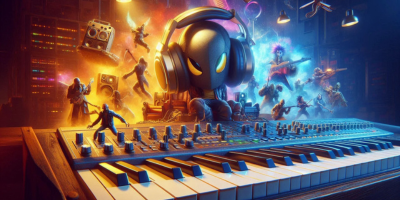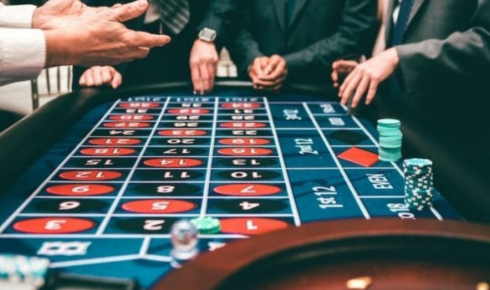We often praise a video game’s graphics, mechanics, or storyline—but behind every immersive moment is something we often forget to credit: the sound. Whether it’s an epic orchestral swell during a boss fight or the eerie silence before a jump scare, music and sound design are what breathe soul into pixels.
Let’s explore how game audio shapes our emotions, behavior, and memory—and why it deserves just as much attention as visuals or gameplay.
1. Setting the Mood
Think of any iconic video game moment—Zelda’s Hyrule Field, Halo’s Gregorian chants, or the quiet piano of The Last of Us. The common thread? Music defines the mood.
Games use soundtracks to:
- Build tension (horror and stealth games)
- Create excitement (racing and combat)
- Encourage relaxation (open-world exploration or life sims)
In games like Journey, where there’s little dialogue, the soundtrack becomes the storyteller, shaping how we interpret each scene.
2. Dynamic Music: The Sound That Responds to You
Unlike films, video games require adaptive music—tracks that change based on your decisions or environment. Step into a cave? The score shifts. Enter combat? The tempo rises.
This isn’t just cool—it’s strategic. It helps guide player emotion and subconsciously signals game states, keeping you alert or easing you into calm.
Games like Red Dead Redemption 2 and DOOM Eternal showcase how modern engines blend real-time music transitions to reflect gameplay perfectly.
3. Sound Effects: The Language of Feedback
Every click, footstep, reload, or growl communicates with the player. Audio cues are crucial for gameplay:
- Hearing enemy footsteps in a shooter gives you an edge.
- A low health beep creates urgency.
- A satisfying “ding” confirms success.
In competitive games, players even train themselves to respond faster to sound than to visual cues, giving audio a tactical importance many don’t realize.
Interestingly, while browsing fan theories about sound design in retro games, I came across a side discussion on petir108.net, where users were dissecting classic game audio—an unexpected but fun rabbit hole.
4. Nostalgia and Memory
Video game music is powerful at creating lasting memories. Just a few notes from Tetris, Pokemon, or Final Fantasy VII can bring players back to childhood bedrooms, summer nights, or arcade halls.
Music creates emotional bookmarks—moments we don’t just play, but feel. This nostalgic power is why game soundtracks are now performed live by orchestras around the world.
5. The Rise of Game Composers
Game music is now a respected genre in its own right. Composers like Nobuo Uematsu, Koji Kondo, and Austin Wintory are celebrated much like film composers. Some have even found cult followings, with fans studying their work or remixing tracks into EDM, lo-fi, and jazz.
Game music’s cultural influence is growing, with albums charting on Spotify and YouTube channels dedicated entirely to “video game study playlists” or “boss fight beats.”
Conclusion
Next time you boot up your favorite game, pause for a moment—close your eyes, and just listen. The soundtrack isn’t just background noise; it’s the emotional core of the experience. It tells you when to fight, when to explore, and when to feel.
As more gamers and developers recognize its importance, game music is finally getting the spotlight it deserves. And who knows? Your next favorite song might come not from the radio—but from a cutscene, side quest, or even a discovery on a site like petir108.net.















+ There are no comments
Add yours